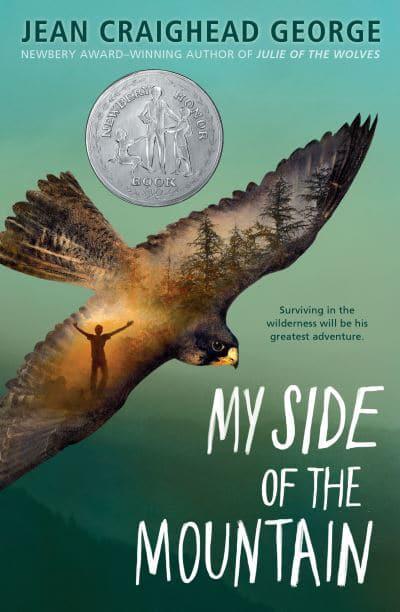This year, I have taken part in the 2017 Christian Reading Challenge. My original aim wasn't to complete the whole challenge but I altered this as it seemed that I was reading sufficiently fast. However, I won't finish the challenge although I have read more than the total number of books required. Anyway, this is my list for the year. After the basic list, is a list of the challenge categories with books by the relevant category.
The Good
-The challenge has pushed me to read genres that I wouldn't usually touch and I have particularly appreciated recommendations from friends. In this category, are some of the top books of the year:
The Good
-The challenge has pushed me to read genres that I wouldn't usually touch and I have particularly appreciated recommendations from friends. In this category, are some of the top books of the year:
- Bronski House
- William Wilberforce: Life of the Great anti-slave trade campaigner
- Why the Reformation still matters (read with the Ossett Christian bookshop book club)
- The loveliness of Christ
-I have read more than usual which is strange as this has been a particularly busy year. Having books in different places around the house and for different times of day has helped.
The Bad
-There are a fair few books which won't get finished by the end of the year. These include
- The Rare Jewel of Christian contentment
- Watership Down
- A Miscellany of British Church History
- Home School Family Fitness
-The Challenge has pushed me to read shorter books. After a failure with one commentary due to greatly varying lengths of chapters not working with my timetable, I didn't attempt the second choice as it was going to be too long to finish by the end of the year.
The Ugly
-I really didn't like having to read books from specific publishers.
-This is a bit embarrassing but I struggled with the Puritan title. Those lists of points where the last few seem to destroy an otherwise solid argument.
-This is a bit embarrassing but I struggled with the Puritan title. Those lists of points where the last few seem to destroy an otherwise solid argument.
Whilst this has been a useful challenge, I don't plan to repeat it in 2018. As time went on, I realised that it was difficult to fit in some important reading around the challenge. I need to read in the areas of
- home education (my continuing professional development!)
- caring for older people and dementia
- books for older children so that I have preread for my book club. This often means that I have to read several books before I find something that will work.
Following the Challenge, I would like to read a commentary (probably AW Pink on Hebrews), to read some theology (not sure yet but something reformed and recent would be good!) and another poetry anthology (probably Gerard Manley Hopkins). My husband has been telling me how much he likes the John Newton devotional, Jewels from John Newton so that will also go on the list.
Please let me know what you plan to read in 2018 and what you have enjoyed, this year.
If you enjoyed this post you may like to follow Delivering Grace by Google Friend Connect, G+,Facebook, Pinterest, Instagram or e-mail































